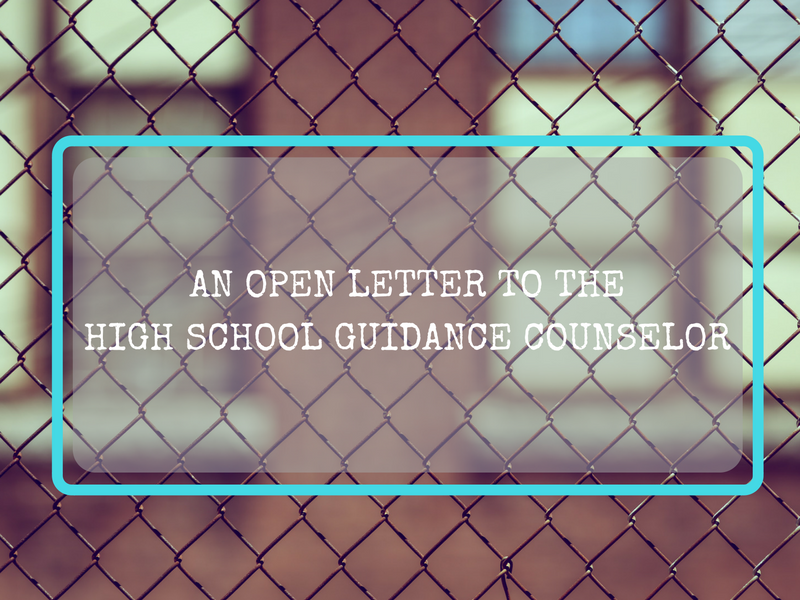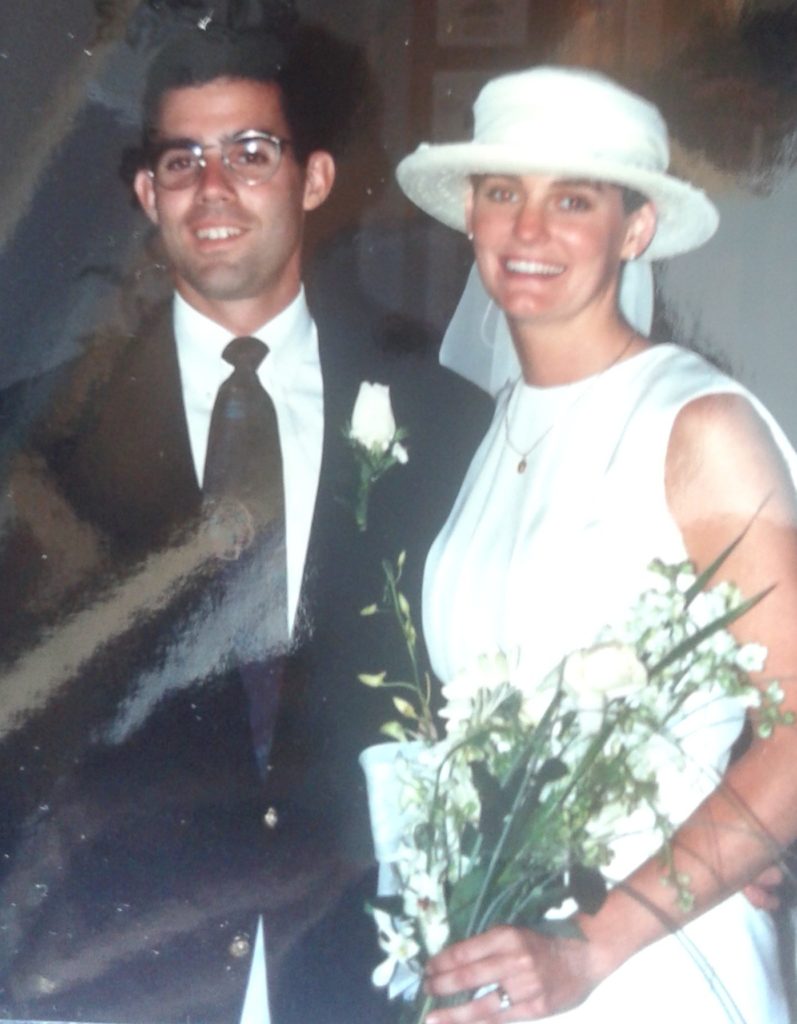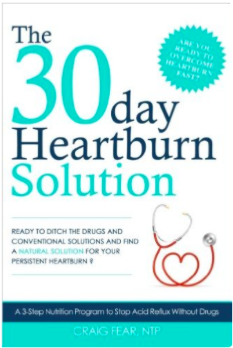
original image credit: Francisco Galarza via unsplash.com
I know it’s your job to “guide” students. I get the impression that you believe it’s your job to direct them toward college-no matter the expense or their interest in going.
I understand you met with a group of Juniors the other day during their English class. You had them enter their email addresses on a site that asked them a litany of questions to help them decide what to study in college.
Is it true that you told the kids who don’t plan to go to college to reconsider? Did you also tell them not to answer something stupid (your word) like “be a nanny” on questions about their plans after high school?
I won’t take that remark personally even though my daughter has told you on several occassions that she plans to nanny when she graduates in order earn money to pursue other goals. You probably weren’t interested enough to learn that she’s a gifted, conscientious and engaged child-care provider who loves to be with kids of all ages. She tells them stories, plans projects and crafts, invents games, fixes meals and reads with them. In short, she’s happy when she’s with her younger cousins or small clients. I think hers is an excellent plan that will provide a lot of flexibility. Before you go there, no, she doesn’t want to be a teacher. She doesn’t want to watch 25-30 kids at a time, just a few.
My daughter has a keen understanding of her interests, skills, gifts, strengths and weaknesses. She’s lucky that she doesn’t need a computer program for that. My guess is that lots of kids know these things about themselves but when they try to communicate them to you, you don’t really listen to them. Instead, you dismiss their ideas and try to pigeon-hole them into a pre-defined, acceptable major or career.
Being a nanny isn’t “stupid”. High-quality child care is a valuable service. Responsible and experienced providers are in demand and can earn a lucrative income and unique experiences all without the burden of debt. Many full-time nannies can earn more than their college-educated peers and enjoy benefits like free housing, meals, transportation (including discretionary access to a car), all-expense-paid vacations and paid vacation time.
My daughter and I have spent a lot of time discussing how she can develop her interests and skills to create a career, multiple streams of income and a lifestyle that she chooses. Regardless of whether someone else regards it as successful, acceptable or adequate.
The job you decided to mock is irrelevant. My point is, it’s unprofessional and narrow-minded to dismiss certain occupations or paths to a fulfilling life. Your job is to support students and help them find every resource available to pursue an idea, a vocation, a career or a dream even if it doesn’t align with your idea of a respectable profession. Steering a diverse group of students down one, narrow path doesn’t serve them, even if it does serve your ego.
Did you know that 40% of students drop out of college without a degree? Do you think maybe they were steered toward college as the only option by people like you? Yes, I’m suggesting you’re partially to blame. Do you ever advise students who are unsure about their future to work for a few years or go to community college?
Did you know that some of your students borrow as much as $80,000 for an undergraduate degree? The average student debt for a college education is $37,000. Do you think that’s advisable? I don’t.
One more thing. Quit sharing my kids’ email addresses with colleges and military recruiters. Even kids who are interested in college don’t want to be spammed by them. My kids know where to enlist if they decide to go that route.
I was tempted to email you about this recent presentation but decided against it because my children are insulated from your narrow views and I realize I will not change your mind or your tactics. They know they have my support and encouragement to pursue any path or no path and work until they figure something out. Some will likely go to college but probably not with much assistance from you.
Yours truly.










